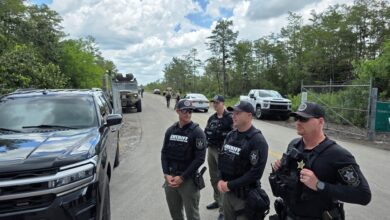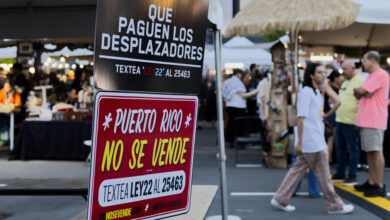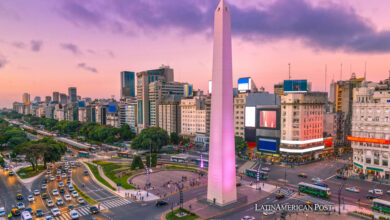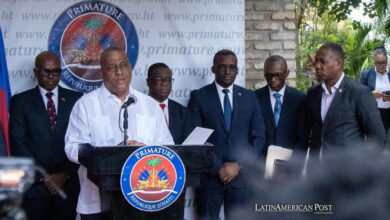Haiti Celebrates 220 Years of Independence During a Crisis with No Way Out of Sight
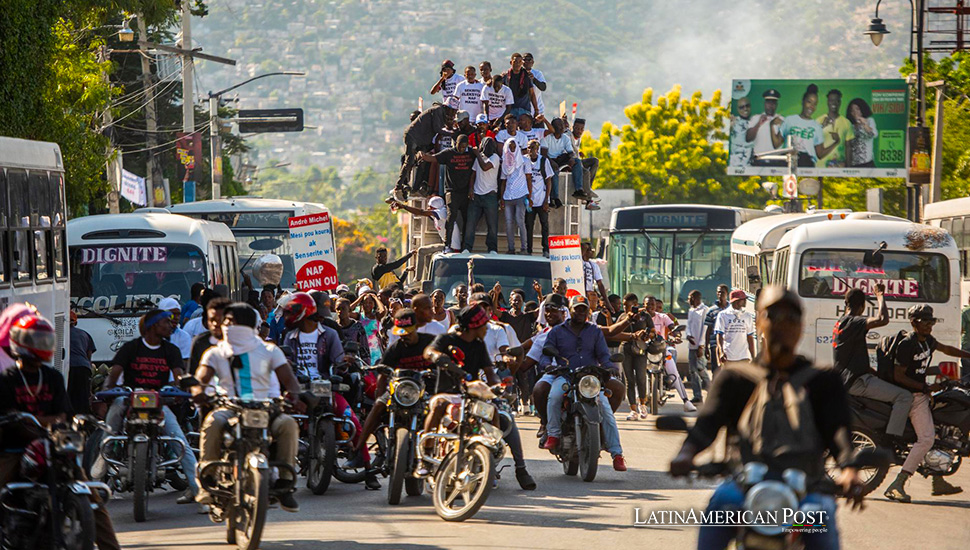
This January 1 marks the 220th anniversary of Haiti’s independence, which is commemorated in a context of unprecedented political, social, economic, and humanitarian crisis, a very gloomy outlook for its 11 million inhabitants.
The Haitian independence celebrations did not take place as usual in Gonaïves – known as the Cité de l’indépendance – but at the National Pantheon Museum (Mupanah), on the Champ de Mars in Port-au-Prince, not far from the National Palace.
A Crucial Year
“2024 is a crucial year in our history. It is a year in which we will have to face great challenges. In 2024, Haiti must once again take the reins of its destiny,” stressed Prime Minister Ariel Henry during the event. of celebration.
The head of Government considered that this should be the year of “return to normality and the return to the free movement of people and goods.”
“The situation will have to change,” Henry promised, in a moment he calls “exceptional in our national history.” A moment that has forged “our identity and paved the way for a future of freedom and dignity.” 2024, the Year of rebirth?
Henry stated that in 2024 “we must do everything possible to put Haiti back on the path of democracy, the Constitution, and the rule of law,” noting that the solution involves creating a climate of peace so that elections can be held.
He gave assurance that the Government he leads believes in dialogue and, therefore, is open to the integration of all compatriots who wish to do so. “We have decided to advance with those who want; the others will join us along the way,” he predicted.
The problem of hunger and the omnipotence of gangs were also addressed in his speech, while he recalled that agriculture requires water.
“I repeat, the Haitian people can count on the Government to continue defending Haiti’s interests to make equitable use of all border water resources,” said Henry, in an apparent reference to Haiti’s construction of a canal to take water from the Masacre or Dajabón River, natural border between that country and the Dominican Republic, a work that the authorities of the latter country describe as “illegal.”
Promises, choices, and challenges
In his New Year’s greeting, Henry promised that 2024 would be a “year of growth, jobs, change and organization.”
“We have to organize inclusive, transparent, and democratic elections that produce representatives freely chosen by the people,” he said.
According to him, 2024 is a “year of great challenges that we will have to face together” to restore pride to the Haitian people. He expressed his hope that the “solidarity of the brothers and sisters of Haiti” and friendly countries will continue to shine.
A Chaotic 2023
Last year was marked by massacres, urban wars, kidnappings, armed attacks, robberies and collective rapes against civilians in Haiti, with total indifference on the part of the authorities.
The Government has multiplied calls to the international community to send troops to help restore peace and security in the country.
More than 37 police officers have died, according to data from the police union. More than 200,000 people have been displaced, according to the United Nations. Hundreds of these displaced people live in inhuman conditions in makeshift camps that are inadequate for them.
Several thousand Haitians have left the country, especially to the US, Canada, Mexico, and Nicaragua, fleeing unstoppable insecurity and poverty. Among those leaving en masse are university professors, graduate students, public and private sector executives, and doctors.
A country without an elected ruler
Haiti has been without an elected representative since 2021, after the assassination of President Jovenel Moise. While Henry has not been able to organize elections in the country.
The numerous negotiations between various sectors that have taken place in Haiti and abroad have failed.
Meanwhile, in the country there are between 200 and 300 armed groups that control 80% of the capital and strategic economic zones such as major highways. Last October, the UN Security Council approved the formation of a multinational security force that will support the National Police of that country to confront armed gangs and restore order. Kenya will be at the head of that contingent, which is joined by

